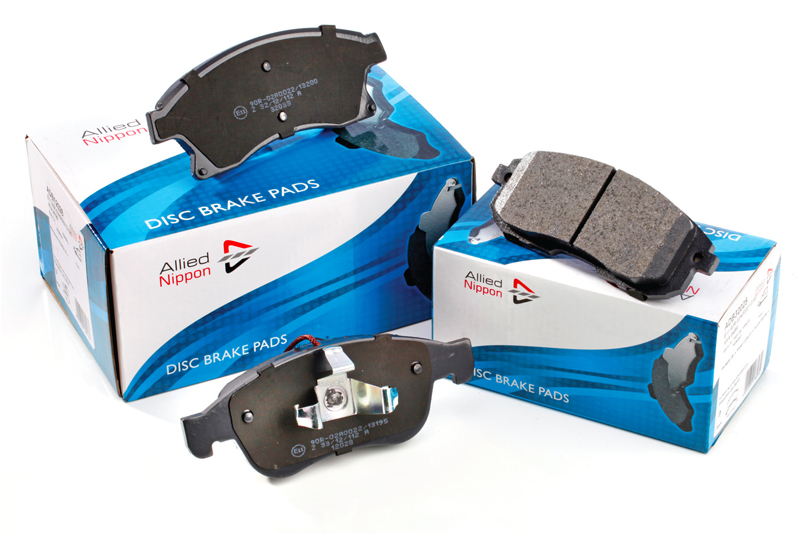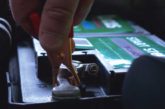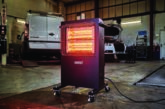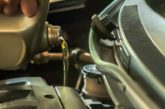
Allied Nippon, braking brand, is at the aid of technicians removing and fitting brake pads by examining ‘brake fade’ and the importance of bedding-in.
Regardless of the component that is failing, brake fade typically occurs when excessively high temperatures are generated from heavy braking or load. This can see brake fade occur for two main reasons:
- Material transfer: As a result of very high braking temperatures, the friction material of a brake pad begins to break down and adhere to the disc. The pad then contacts with an irregular surface causing premature wear to both pad and disc, which can result in brake judder and, ultimately, brake fade.
- Gas slide: Brake fade can also be attributed to ‘gas slide’, a term the company has coined to describe how resins inside a brake pad turn to gas at high temperatures.
To help avoid these issues, technicians fitting new brake pads and discs should always strive to educate their customers on the importance of ‘bedding-in’. Allied Nippon recommends that, unless the situation requires, customers should avoid heavy braking during the first 300 miles after fitment.
Modern brake pads and discs are said to be highly unlikely to suffer brake fade if beeded-in correctly, used within normal driving conditions, and changed in-line with manufacturer’s recommended service intervals.
The company is also encouraging technicians and drivers alike to think about the brake pedal. The harder it is worked, the higher the loads, and the greater the braking temperatures the higher the potential for brake fade.
Performance
Whilst all braking products can be susceptible to issues in the face of consistent misuse, choosing a brand with quality technicians you can trust is nonetheless important.
Underpinning its performance, says Allied Nippon, is the brand’s “comprehensive quality testing regime”. For example, its brake pads are designed, manufactured, and tested to perform at searing temperatures; in fact, performance is validated up to 700°C to guarantee performance in all conditions. This is to ensure its products can deliver in realworld scenarios that go beyond the norm.









